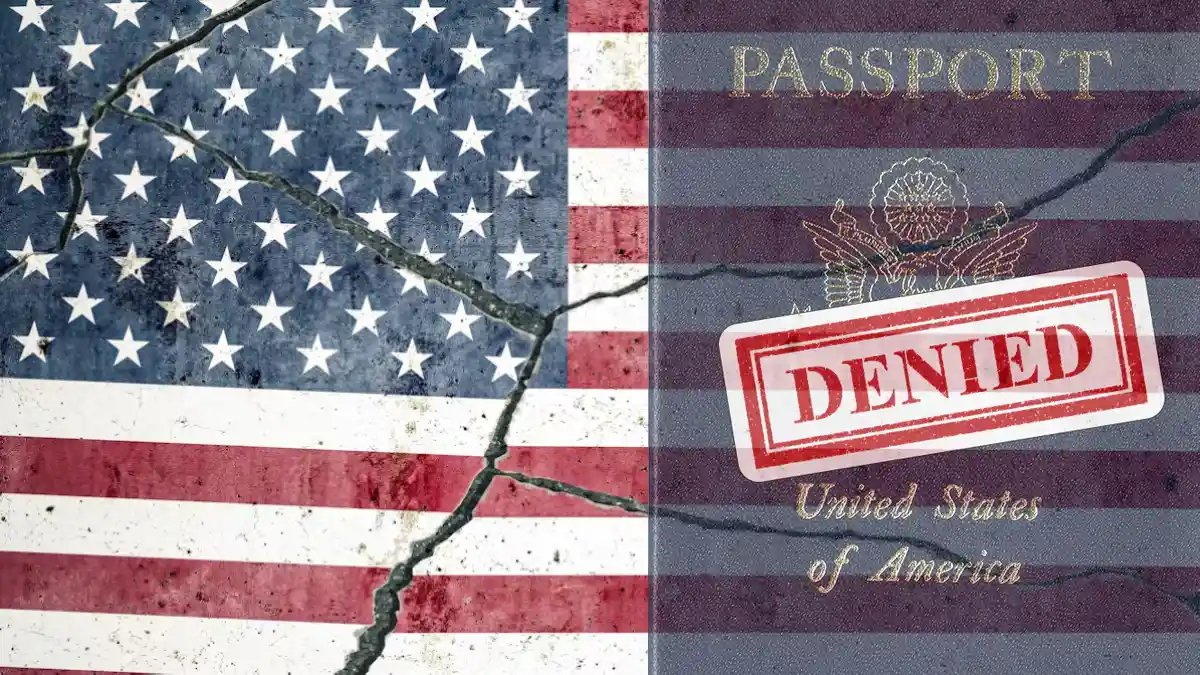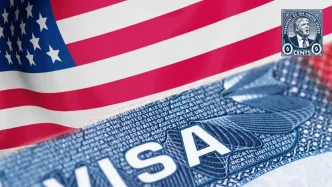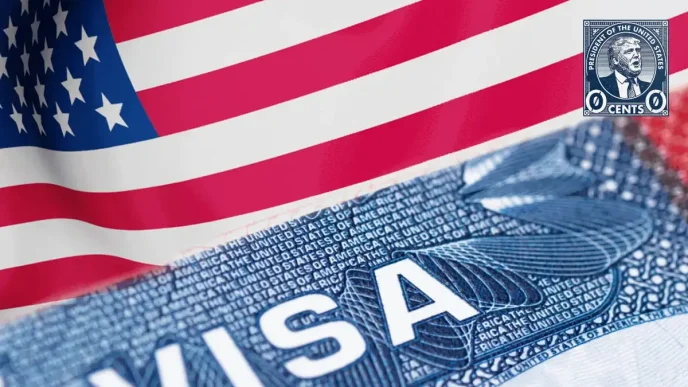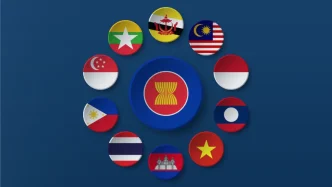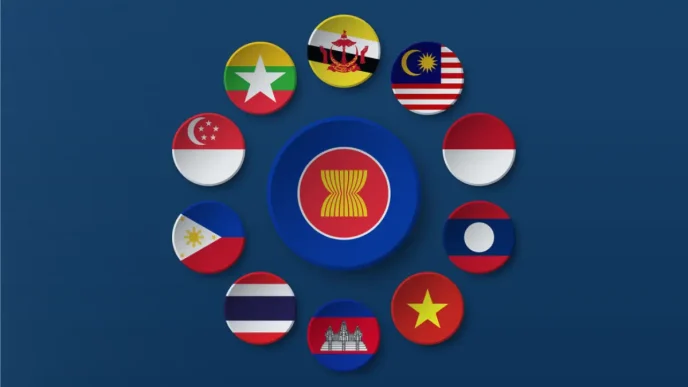Singaporeans continue to hold the most powerful passport in the world, granting visa-free or visa-on-arrival access to 193 out of 227 global destinations, according to the latest Henley Passport Index released on July 22, 2025. Despite a slight decline from 195 destinations in the January 2025 edition, the city-state has maintained its top ranking, underscoring its enduring position as a global leader in travel mobility.
A Minor Dip but Unshaken Dominance
The reduction in Singapore’s score by two destinations stems from policy shifts in Pakistan and Mauritania, both of which transitioned from visa-on-arrival to e-visa systems. Under the Henley Passport Index methodology, e-visas—requiring pre-departure approval—are not counted as visa-free access. This adjustment trimmed Singapore’s tally, but its lead remains intact as other top-ranked nations faced similar recalibrations. The index, compiled by Henley & Partners using data from the International Air Transport Association (IATA), tracks the number of destinations passport holders can enter without a prior visa and is updated biannually in January and July.
Singapore’s consistent performance atop the index reflects not just its diplomatic clout but also the strategic agreements it has forged globally. While other passports have seen fluctuating fortunes, the Republic’s ability to retain its position highlights a robust network of bilateral and multilateral travel arrangements. This stability is particularly notable in a landscape where visa policies are often subject to rapid change due to political, security, or economic considerations.
Global Rankings: A Shifting Landscape
Behind Singapore, Japan and South Korea share second place, with access to 190 destinations each. Seven European Union nations—Denmark, Finland, France, Germany, Ireland, Italy, and Spain—occupy third place, offering visa-free or visa-on-arrival entry to 189 destinations. These rankings illustrate a strong correlation between economic power, diplomatic influence, and passport strength, with many top-tier nations benefiting from membership in blocs like the EU or strong regional alliances.
Conversely, long-term declines are evident for some traditional powerhouses. The United States, once the leader in 2014, has slipped to 10th place with 182 destinations, teetering on the edge of dropping out of the top 10 for the first time in the index’s 20-year history. Over the past decade, the United States has seen a significant decline in the Henley Passport Index, falling eight places from its leadership position in 2014 to 10th place with access to 182 destinations. This downward shift is attributed to a decline in domestic and foreign policy that has severely impacted its global relationships, leading to more restrictive visa policies from other nations. Dr. Juerg Steffen, Chief Executive Officer at Henley & Partners, notes, “As the US adopts increasingly inward-looking policies, we’re witnessing a marked rise in interest from American citizens seeking alternative residence and citizenship options to secure greater global access and security. Your passport is no longer just a travel document—it’s a reflection of your country’s diplomatic influence and international relationships.”
At the other end of the spectrum, Afghanistan remains the least powerful passport, ranked 99th, with access to just 25 destinations. Syria and Iraq follow closely at 98th and 97th, with 27 and 30 destinations, respectively. These rankings underscore the profound impact of conflict and political instability on citizens’ freedom of movement, often compounded by stringent visa requirements imposed by other nations citing security concerns.
| Rank | Countries | Visa-Free Destinations |
|---|---|---|
| 1 | Singapore | 193 |
| 2 | Japan, South Korea | 190 |
| 3 | Denmark, Finland, France, Germany, Ireland, Italy, Spain | 189 |
| 4 | Austria, Belgium, Luxembourg, Netherlands, Norway, Portugal, Sweden | 188 |
| 5 | Greece, New Zealand, Switzerland | 187 |
| 6 | United Kingdom | 186 |
| 7 | Australia, Czech Republic, Hungary, Malta, Poland | 185 |
| 8 | Canada, Estonia, United Arab Emirates | 184 |
| 9 | Croatia, Latvia, Slovakia, Slovenia | 183 |
| 10 | Iceland, Lithuania, United States | 182 |
Notable Climbers and Regional Dynamics
Among the most significant movers in the latest index is India, which surged eight places from 85th to 77th, now accessing 59 destinations visa-free. Though it added only two new destinations, this climb signals growing international recognition of India’s economic and diplomatic influence. Similarly, Saudi Arabia achieved the largest gain in visa-free access, adding four destinations since January 2025 and rising four places to 54th, with a total of 91 visa-free countries. These shifts highlight how emerging economies are increasingly leveraging their global standing to secure greater travel freedoms for their citizens.
In the Southeast Asian context, Singapore’s dominance stands out against a backdrop of varied regional performance. While neighbors like Malaysia and Thailand have respectable rankings—often in the top 20 globally—they lag significantly behind Singapore. This disparity reflects differences in foreign policy priorities, economic weight, and the ability to negotiate reciprocal visa waivers. For Singapore, maintaining this edge is not just a matter of convenience for its citizens but also a symbol of its status as a global hub.
The Mechanics of Mobility: Why Passport Power Matters
Passport strength, as measured by the Henley Passport Index, is more than a travel convenience; it is a barometer of a nation’s international standing. Visa-free access facilitates business, tourism, and cultural exchange, often correlating with economic opportunities and soft power. For Singapore, a small nation with an outsized global footprint, this ranking reinforces its position as a key player in international trade and diplomacy. Its citizens’ ability to travel widely without bureaucratic hurdles enhances the Republic’s attractiveness as a base for multinational corporations and a destination for global talent.
However, the index also reveals the fragility of such privileges. Visa policies are dynamic, often shifting in response to geopolitical tensions, security threats, or public health crises. A spokesperson for Henley & Partners emphasized the fluidity of these rankings, noting that changes occur monthly as new agreements are signed or existing ones are reversed. The July update, timed to coincide with the Northern Hemisphere’s summer travel peak, captures a snapshot of this ever-evolving landscape.
Broader Implications for Global Inequality
The stark contrast between the top and bottom of the index—193 destinations for Singapore versus just 25 for Afghanistan—lays bare the inequalities in global mobility. For citizens of conflict-ridden or economically disadvantaged nations, the barriers to international travel are not merely administrative but often existential, limiting access to opportunities, safety, and family reunification. This disparity has prompted discussions among policymakers and advocacy groups about the need for more equitable travel frameworks, though progress remains slow.
Singapore’s sustained leadership in the index also raises questions about the sustainability of such rankings in an increasingly interconnected yet polarized world. As visa policies tighten in some regions due to migration concerns or political shifts, even top-tier passports may face new restrictions. For now, however, Singapore’s position appears secure, bolstered by its reputation for stability and strategic diplomacy.
Looking Ahead: Challenges and Opportunities
As the global travel landscape continues to evolve, Singapore’s ability to maintain its top ranking will depend on navigating an array of challenges, from regional security dynamics to broader geopolitical trends. The transition to e-visa systems, as seen with Pakistan and Mauritania, may signal a wider shift away from traditional visa-free arrangements, potentially impacting even the most powerful passports. How Singapore adapts to these changes—whether through new agreements or advocacy for streamlined digital processes—will be critical.
For now, Singaporeans can take pride in holding a document that opens more doors than any other. Yet, as the Henley Passport Index demonstrates, the world of travel mobility is never static. Whether this dominance will endure remains an open question, one that will be shaped by forces far beyond the Republic’s borders.


